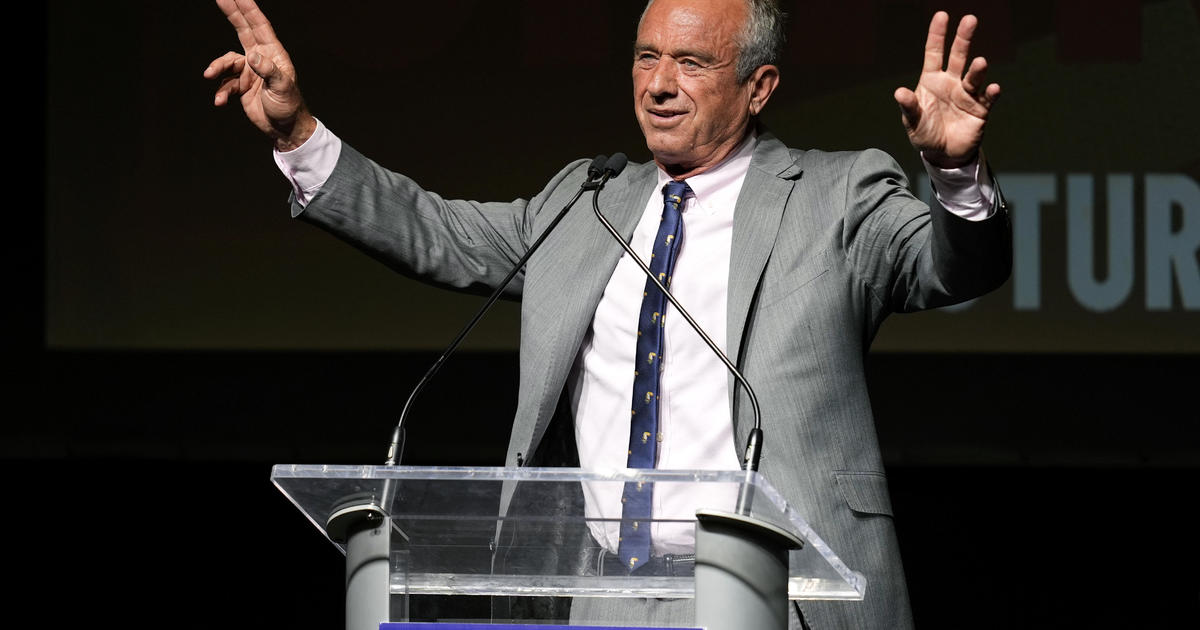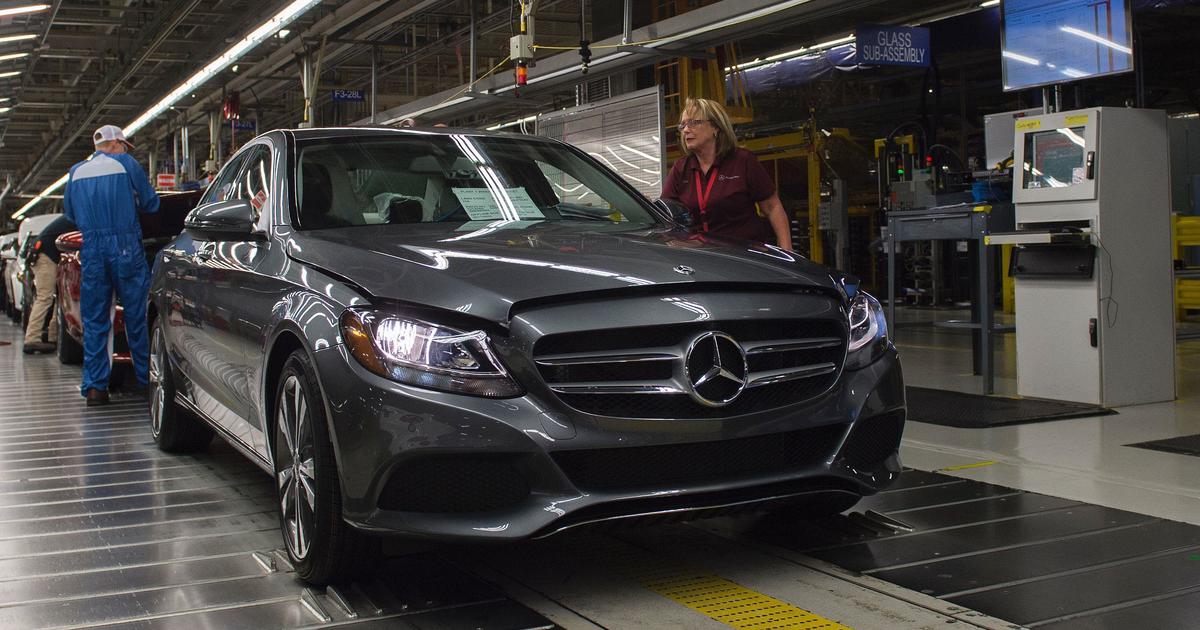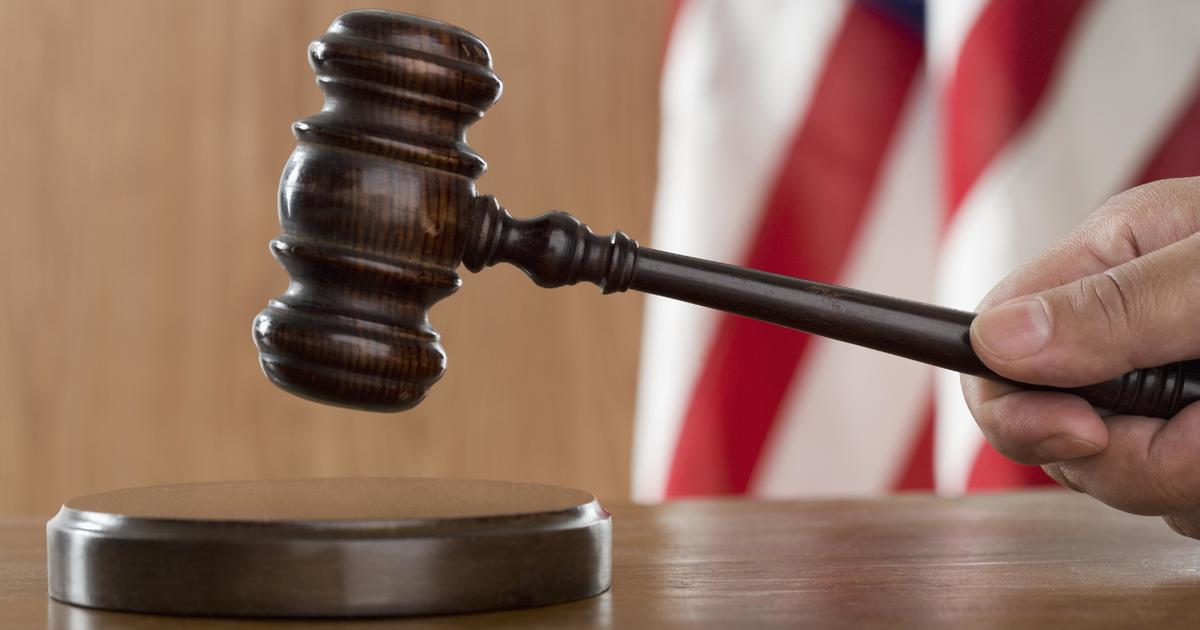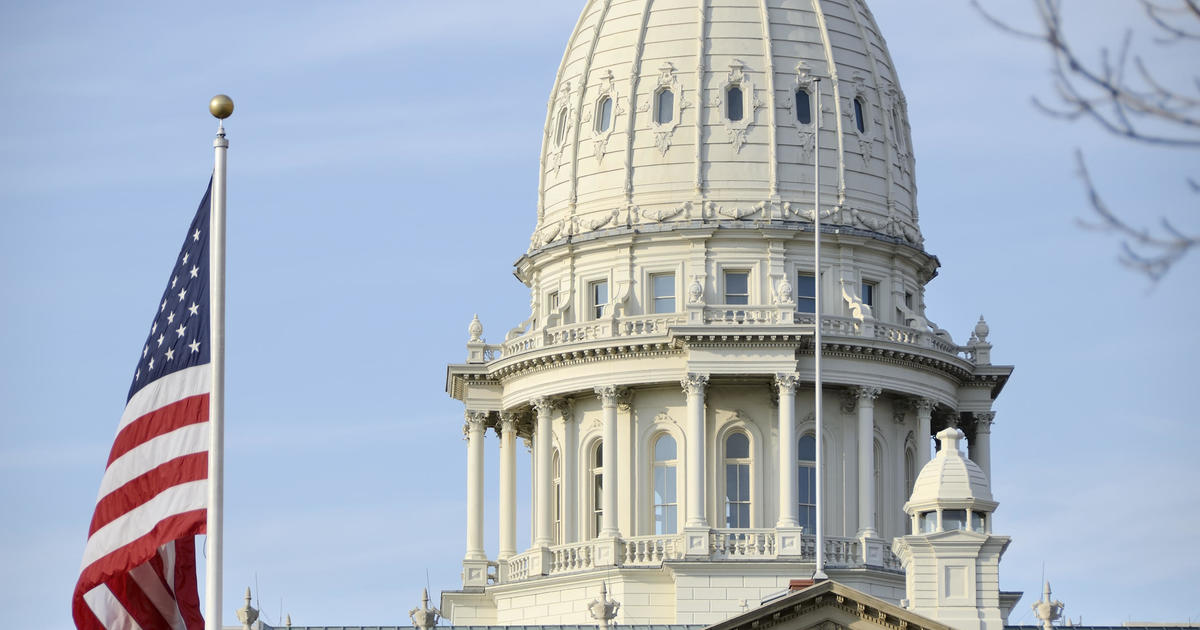Michigan Primary Election 2016: Key Information, Voting Hours
LANSING (WWJ/AP) — It's Michigan's turn to influence the presidential race.
The state's primary is the biggest prize among the four with contests on Tuesday. It also offers candidates among the most delegates to date in their path toward the national conventions this summer.
Polling hours: 7 a.m. to 8 p.m.
Those registered to vote prior to February 8 will be able to cast a ballot. Check your status vote.michigan.gov.
Sandwiched between high-profile Super Tuesday and big winner-take-all primaries next week in Ohio and Florida, Michigan — the first Rust Belt state to vote — is still getting love from many of the contenders. All were in the state for debates in recent days. Democrats Hillary Clinton and Bernie Sanders continue to campaign heavily here — the former secretary of state, senator and first lady focusing on the Democratic, African-American stronghold of Detroit and the Vermont senator hosting rallies on many college campuses. On the Republican side, Ohio Gov. John Kasich is visiting frequently, banking that his Midwestern roots will appeal and propel him toward his home state primary. Front-runner Donald Trump and Florida Sen. Marco Rubio held some rallies recently, while Texas Sen. Ted Cruz booked a last-minute stop for Monday night.
15 Percent or Bust
In both parties' primaries, candidates must win at least 15 percent of the vote to grab delegates. That is not in doubt in the two-person Democratic race, which polls show Clinton leading. In the bigger GOP field — where Trump is favored — Cruz, Kasich and Rubio all want to come away with delegates. Rubio, for instance, has hovered near the cutoff threshold in voter surveys.
Delegate Haul
Fifty-nine Republican delegates are up for grabs, the third-highest so far in the GOP tilt. They will be divvied up proportionally based off the statewide vote. Democrats are vying for 130 delegates, second-most to date. Most will be split up depending on how the candidates do in congressional districts. Seventeen more are unpledged superdelegates — party leaders, top elected officials and others — not bound to the public vote. Clinton has a massive lead among those delegates nationally.
New Faces
In special elections, voters in two state House districts will send new representation to Lansing to replace former Republican Reps. Todd Courser and Cindy Gamrat, who were forced from office in September over an extramarital affair and bizarre cover-up scheme. They now face criminal charges.
TM and © Copyright 2016 CBS Radio Inc. and its relevant subsidiaries. CBS RADIO and EYE Logo TM and Copyright 2016 CBS Broadcasting Inc. Used under license. All Rights Reserved. This material may not be published, broadcast, rewritten, or redistributed. The Associated Press contributed to this report.



